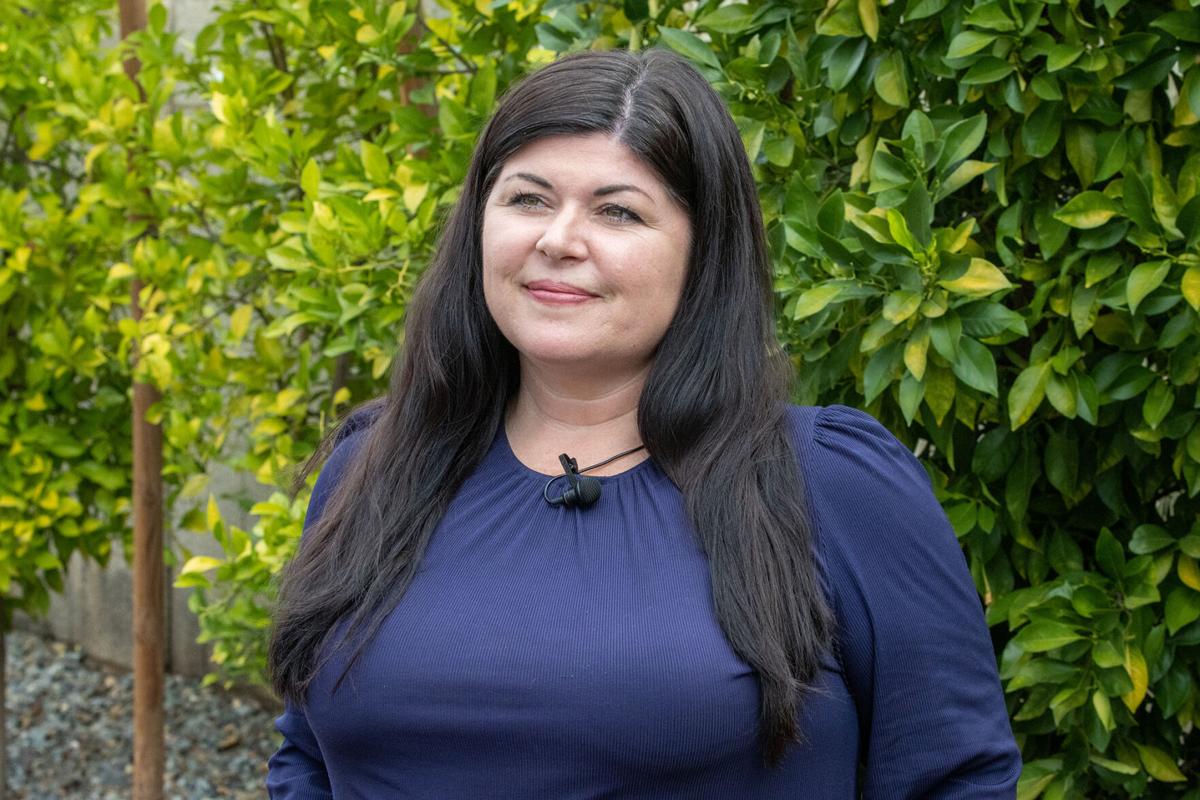PHOENIX — Universal vouchers of public funds for 1.1 million public school students to attend private and parochial schools are on their way to becoming legal in Arizona.
Backers of a petition drive to give the last word to voters acknowledged Monday they apparently did not submit enough signatures to force a vote.
That means the law, approved by the Republican-controlled Legislature earlier this year, can take effect as soon as Secretary of State Kate Hobbs verifies the petition drive came up short.
Hobbs has 20 days from Friday’s petition filing to do a preliminary check.
But an aide confirmed to Capitol Media Services that the group seeking the public vote, Save Our Schools, submitted just 8,175 petition sheets. And there are a maximum of 15 signatures allowed per page.
Theoretically, that would still allow for up to 122,625 signatures, slightly more than the 118,823 that must be found valid to put the law on hold until a public vote in 2024.
But Beth Lewis, executive director of Save Our Schools, said the actual number of signatures on all of the sheets is short of the 15 per page. That leaves the petition drive short, she said.
She had no final number, and said she is still waiting for the official word from Hobbs.
The Goldwater Institute, which supports universal vouchers, said its own review of copies of the petitions shows there are just 88,866 signatures.
That is a far cry from the 141,714 signatures that Lewis said on Friday had been collected and submitted. But Lewis told Capitol Media Services on Monday that there was no intent to deceive anyone, calling the disparity “human error.’’
“People don’t really understand the ‘hair on fire’ nature of having a campaign like this,’’ she said.
Lewis noted voucher foes had just 80 days from the time Republican Gov. Doug Ducey signed the legislation to gather the necessary signatures. The figure is based on 5% of those who voted in the last gubernatorial election.
And there are various legal requirements beyond getting signatures.
“We were getting people notarizing (petitions) at like 2 in the morning,’’ Lewis said. As late as Thursday, people were driving up to the Navajo Nation “to pick up stray petitions,” she said.
The chaos continued into the Friday deadline, Lewis said.
“We had people meeting us at the Capitol shoving petitions into boxes,’’ she said. And then, she said, there was a call at 1:45 p.m. Friday — 75 minutes before the papers were due to be submitted — from someone who said there were 130 petitions there that had never been picked up.
“I just want to make clear there was no intentional lie here,’’ Lewis said. “The numbers (we estimated) were what we thought they were.’’
She said there are several possible moves going forward.
One is an initiative drive as an alternate way to put the issue to voters. But there are key differences from a referendum.
First is that the law remains in effect in the interim. And an initiative requires twice as many signatures as a referendum.
But backers would have until July 2024 to get those signatures.
More immediately, Lewis said the focus for her group is on this year’s November election.
“We need to elect a new lLegislature and governor that aren’t going to keep pulling these shenanigans and will honor the will of voters,’’ she said.
That refers to 2017, the last time lawmakers approved a massive expansion of the program, formally known as Empowerment Scholarship Accounts, which provides vouchers of tax dollars that parents can use to send their children to private or parochial schools. The vouchers, worth an average of about $7,000 each, also can be used by parents to cover the cost of home schooling.
Save Our Schools launched a referendum drive on the 2017 law, putting the issue on the 2018 ballot. Voters overruled the Legislature by a 2-1 margin.
Lewis said there also could be a legal challenge.
However, the Arizona Supreme Court ruled in 2011 that the program, originally limited to students with special needs, did not violate a state constitutional provision forbidding aid to private schools. The justices said that is because the money goes not from the state to the schools but instead to the parents who choose how to spend it.
Since then, the Republican-controlled Legislature has enacted a series of expansions to where vouchers are now available to foster children, children of those in the military, students living on reservations, and students attending any school rated D or F.
This new law opens the door for any of the 1.1 million students in public schools.
The failure of the ballot measure was cheered by Victor Riches, president and CEO of the Goldwater Institute.
“Arizona families have rejected special interests’ attempts to take away their ability to choose the education that best meets their child’s unique needs,’’ he said in a prepared statement.





